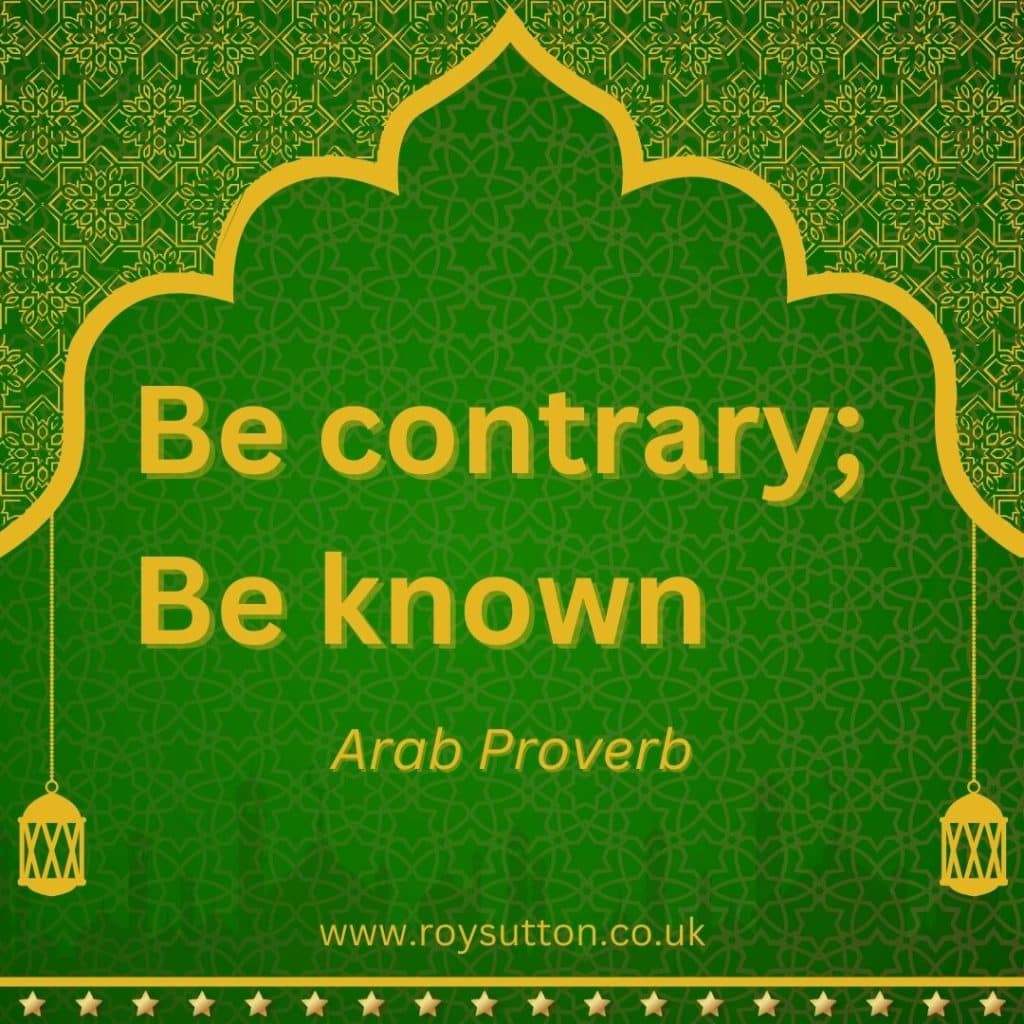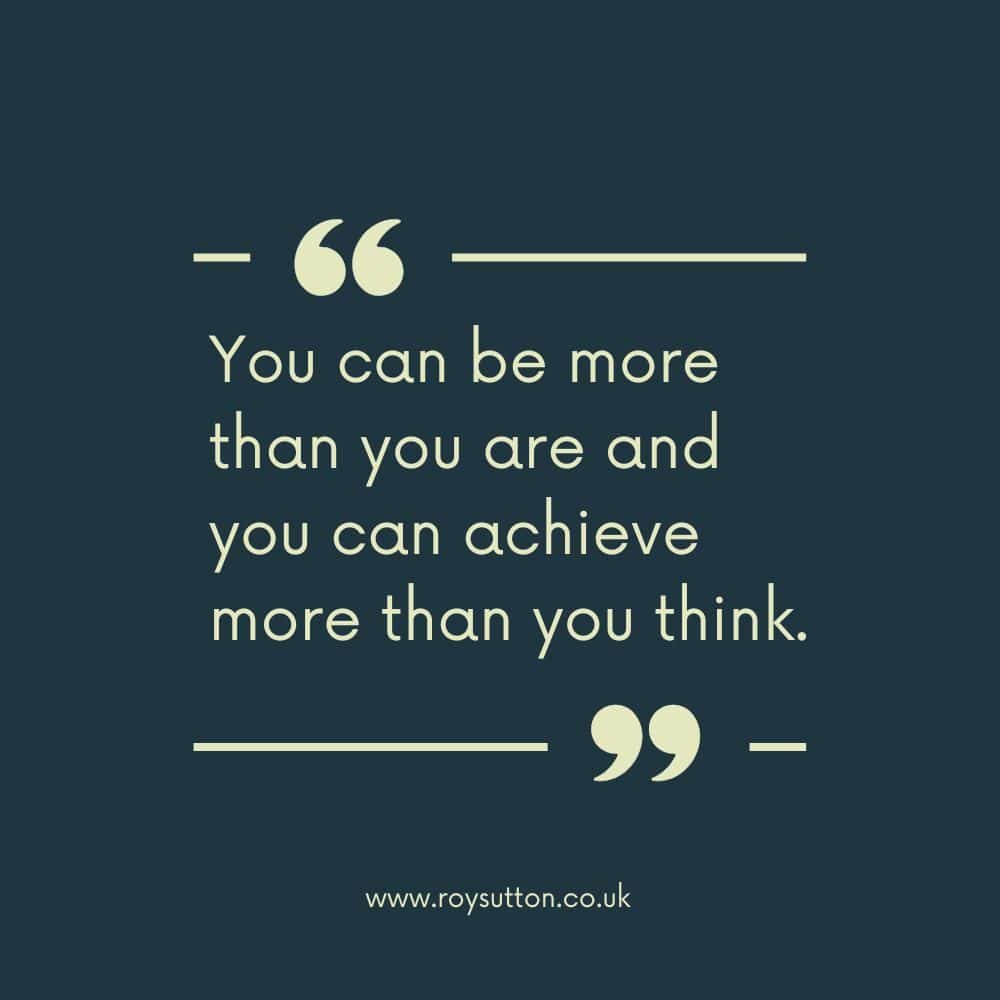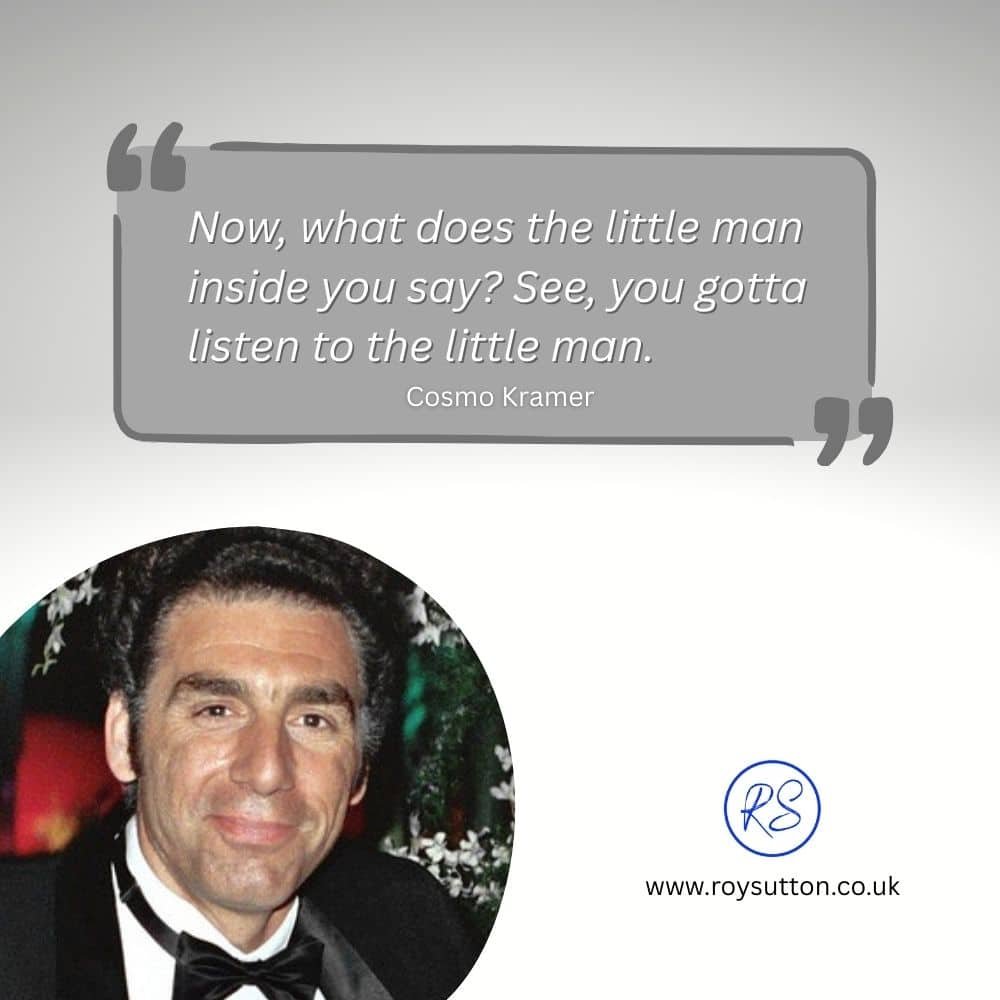
In today’s post, I am exploring Russian proverbs. I think there’s much to be said for Russian culture. So I’m exploring ideas about life, love, and making the most of what you have.
Russian culture is rich in proverbs, and many are short, sharp, and deeply philosophical.
So, here are 100 authentic Russian proverbs to inspire you. Each one is given in Russian, followed by a natural English translation (not overly literal, but culturally faithful, I hope).
For any Russian readers, I hope you find the translations reasonably accurate.

Life and Wisdom (1–40)
- ????? ??????? — ?? ???? ???????.
To live a life is not like crossing an open field. - ??? ????? ?? ???????? ? ????? ?? ?????.
You can’t pull even a fish out of a pond without effort. - ??? ???????, ?? ? ???????.
You reap what you sow. - ??? ???? — ??? ?????.
Live for a century, learn for a century. - ???????? ? ???? ??? ????????.
Patience and hard work overcome everything. - ?? ??? ?? ??????, ??? ???????.
Not everything that glitters is gold. - ??????? ????????????, ? ??? ???????????.
Man plans, but God decides. - ????? ?????? ? ?????, ??? ??????? ? ????.
A bird in the hand is better than a crane in the sky. - ???? ??? ??????, ???? ??? ??????.
Measure seven times, cut once. - ?? ???? ??? ??????, ? ???? ??? ??????.
Better to have a hundred friends than a hundred rubles. - ? ?????? ??????, ? ???? ?????.
Visiting is nice, but home is better. - ??? ???????, ??? ? ??????????.
Where you were born is where you’re useful. - ?? ???? ?????, ?? ????? ? ????.
Don’t enter the water without knowing the depth. - ????? — ???????, ???????? — ??????.
Speech is silver; silence is gold. - ?? ??????? ??????.
People learn from mistakes. - ???? ?????, ?????? ???.
There’s a time for work and a time for play. - ???? ????? — ????????? ??????.
Live simply and you’ll live longer. - ?? ???? ?? ???????, ?? ????????? ???????.
Misfortune can bring happiness. - ??????? ????? ???? ?????.
Everything has its season. - ???? ?? ???????? ????.
Trouble never comes alone. - ??????? ????? ??????.
Happiness loves silence. - ????? ??????, ? ???? ??????.
The eyes fear it, but the hands do it. - ??? ?? ???????, ??? ?? ???? ???????????.
Those who don’t risk don’t drink champagne. - ???? ?????? ????????.
Morning is wiser than evening. - ????, ???? ???????.
Live while life lets you. - ?? ???? ?? ????.
Neither fish nor meat. - ??? ?????? ? ????.
Everything is good in moderation. - ??????? ????? ?? ?????.
Fools don’t follow rules. - ?? ??? ???? ?????????.
It’s not always a holiday. - ????? ??????, ??? ???????.
Better late than never. - ????? — ???????, ?????? — ?????.
Life is a kopeck, fate is a ruble. - ???? ???? ?? ?????.
Your own burden doesn’t feel heavy. - ??? ?????? ??????? — ???? ???? ???.
Those who dwell on the past lose an eye. - ??? ?????, ??? ? ??????.
It breaks where it’s weakest. - ????? ???? ???.
We live only once. - ????? ???? — ???????.
Another person’s soul is darkness. - ?? ??? ?????.
Not everything at once. - ?????? ???? — ???? ?????????.
If you want to live, learn to adapt. - ??????? ????.
To each their own. - ??? ???????? ??? ????????.
Without the past, there is no future.

Love, Relationships and the Heart (41–70)
- ?????? ??? — ???????? ? ?????.
Love is blind — you may love even a goat. - ? ????? ??? ? ? ??????.
With your beloved, even a hut feels like paradise. - ?????? ?? ?????????.
You can’t command the heart. - ?????? ?? ???????? — ?? ????????? ? ??????.
Love isn’t a potato — you can’t throw it out the window. - ??? ??????, ??? ? ???.
Where there is love, there is God. - ? ???? ????? — ?? ?????? ???.
Out of sight, out of heart. - ???????? — ?????? ?????.
Jealousy is love’s sister. - ?????? ?? ????? — ??? ? ???? ???.
Love and good counsel mean no sorrow. - ?????? ?????? ????? ??????.
One heart sends messages to another. - ?????? ?? ????? ???????.
Love knows no obstacles. - ?????? ??? ??????.
Love endures everything. - ???? — ?????? ?????. (archaic, cultural)
He beats you because he loves you. (WARNING: historical saying, not endorsed today) - ?????? — ?? ?????? ?? ????????.
Love isn’t just sighs on a bench. - ???????? — ?? ?????? ??????.
Marriage isn’t something you slip on lightly. - ??? ? ???? — ???? ??????.
Husband and wife are one devil. - ?????? ???? ????? ????? ????.
An old friend is better than two new ones. - ?????? ???????? ? ??????, ? ?????? ??????? ??????.
Love comes and goes, but hunger stays. - ?????? — ???? ??????.
Love is a delicate matter. - ??????? ?? ? ?????????, ? ? ?????.
Happiness isn’t in wealth, but in love. - ??? ????? ? ????? ?? ????.
Without love, life isn’t sweet. - ?????? ?? ????? — ??? ??????. (ironic)
Love till the grave — two fools. - ????? ?? ?? ???, ? ???????.
Love isn’t for something, but despite everything. - ??? ??? ?????, ??? ??? ???????.
Where there is no love, there is no joy. - ?????? — ??? ????.
Love is work. - ??????????? ? ???? ?? ??????.
For the lover, even the sea is knee-deep. - ?????? ?????????? ? ????.
Love begins with the eyes. - ?????? ????? ??????.
The heart knows the truth. - ?????? ?? ??????.
You can’t buy love. - ? ????? ???? ?? ???? ?????.
With your beloved, even to the edge of the world. - ??? ????? ??????? ??????.
Without love, a person is an orphan.

Making the Most of What You Have (71–100)
- ??? ????? — ?? ??????, ????????? — ??????.
We don’t value what we have until it’s gone. - ??? ????????, ?? ?????.
Small, but precious. - ???? ?? ???? — ??????????? ???.
Bread and water are a hero’s food. - ?? ?????? ?????????? ?????.
Stretch your legs according to your clothes. - ????? ????, ?? ????.
Better little, but your own. - ???? ??????? ????? ? ????.
Your own shirt is closer to your body. - ???????? ?? ?????.
Poverty is not a sin. - ??????? ????? ???????.
A kopeck saves the ruble. - ??? ??????, ??? ? ????.
We’re happy with what we have. - ? ?? ??? ???????.
Even that deserves thanks. - ?? ? ??????? ???????.
Money doesn’t bring happiness. - ???? ?? ??????? ?????.
Poverty makes people inventive. - ?????? ???, ??? ??? ???.
The grass is greener where we aren’t. - ????????????? ?????.
Be content with little. - ???? ???? — ???? ????.
Your own hut is your own corner. - ?? ???????? ? ??? ????.
When there’s no fish, even a crayfish counts. - ? ???? ?? ????? — ?????? ??????.
A thread from everyone clothes the naked. - ?????? ????? ???????.
Guard your honour from youth. - ??????? ?? ????.
No need for excess. - ????? ????, ?? ?????.
Better quietly and fed. - ????????? ????? ?????.
He who’s content with little is rich. - ??? ??? ???, ??? ? ?????.
We live on what God gives. - ???? ??????? ?????? ?? ????????.
You can’t hold happiness with your hands. - ?? ?????? ?? ??????? — ????????? ?????.
Chase big things, lose small ones. - ???? ????? — ?????? ??????.
The slower you go, the farther you’ll get. - ???? ?? ?????????.
Live within your means. - ? ????? ????? — ?????.
Even small good is good. - ?? ? ??????? ???????.
Joy isn’t in luxury. - ??????? ? ???????.
Happiness is in simplicity. - ????? ?? ???, ? ???? ?????, ? ???, ???? ???????.
The rich aren’t those who have much, but those who have enough.

Please share these quotes with your friends:
If you found these Russian proverbs interesting, please share this post on social media with your friends.
When you share, everyone wins.
Please share this post now. If you do, I’ll be ever so grateful. You’ll be helping a keen blogger reach a wider audience.
Thank you.
Articles you might enjoy:
- 100 Chinese Proverbs and wisdom from Chinese culture
- 5 very powerful quotes with reflections on their meaning
- 10 humor quotes to make you think and smile
- 40 funny puns and other corny jokes
- 33 hilarious cheesy pick-up lines to make you smile
- 21 brilliant one-liner quotes that are sharp and witty
- 32 witty, one-liner jokes about getting old to make you smile
- 66 silly jokes and some of the funniest one-liners
- 60 witty one-liners on attitude to make you smile
- 90 funny anniversary quotes for that special someone
- 20 classic Elaine Benes quotes that’ll make you smile
- 30 funny dating profile examples or how not to write one
- 25 brilliant short jokes to make you smile
- 25 brilliant one-liner quotes that’ll raise a smile
- 15 amusing quotes by Spike Milligan to raise a smile
- 19 Best Homer Simpson quotes that’ll make you smile
- 21 Del Boy quotes for fans of Only Fools and Horses
- 15 amusing quotes by Mae West to make you smile
- 25 amusing quotes about getting old to tickle you
- 25 funny witty quotes that will seriously tickle you
- 15 Very Funny One-Liners by Billy Connolly
- 37 funny comebacks for dealing with rude people
- The 30 best bitchy comments that’ll really make you smile
- 31 great quotes from Larry David in Curb Your Enthusiasm
- 15 amusing quotes by Jerry Seinfeld to brighten your day
© Mann Island Media Limited 2026. All rights reserved.


































